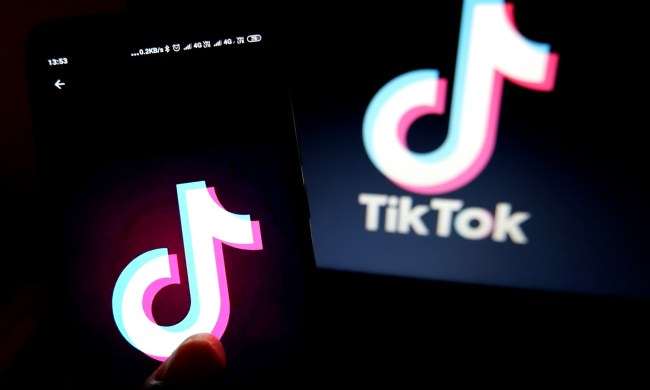
The fact that anyone can create a Facebook ad within the housing category using the option renders it in violation of federal housing and employment laws — which prohibit ads that discriminate against people based on such factors as race and gender — alleges ProPublica.
To illustrate its point, the investigative news website did just that. Within a matter of minutes the publication claims it created and posted an ad aimed at house-hunters and excluded users with an African American, Asian-American or Hispanic “ethnic affinity.”
For its part, Facebook claims ethnic affinity is not the same as race (adding that it does not specifically ask for ethnic information from its users), and that its policies prohibit marketers from using the tool for discrimination. The social network draws ethnic affinity information from data related to your activity, including the pages you’ve liked, and posts you’ve engaged or interacted with. Facebook states that this process of exclusion targeting is an advertising industry norm. Additionally, users have the option to access and modify their Facebook ad preferences to remove these kinds of ads.
The company also cites specific examples of how the targeting tool is being used in practical real-life ways by marketers. The following excerpt is from an official statement provided by a Facebook spokesperson:
“All major brands have strategies to speak to different audiences with culturally relevant creative. Just for purposes of illustration, a car company will run creative for one of their vehicles, but will have one creative execution targeting the Hispanic affinity cluster in Spanish. They may create a different creative for the African American affinity cluster featuring black actors and stressing another insight that is specific to that group. All major brands do this because they know that audiences respond better to creative that speaks to them specifically. This is the case across all industries.”
A similar Facebook marketing initiative caused a fair bit of controversy earlier this year, when film studio Universal revealed it had shown different trailers for its hit film Straight Outta Compton to different racial demographics. Universal’s marketing head claimed affinity targeting was integral to the film’s success.
Instead of resulting in discrimination, Facebook’s head of multicultural Christian Martinez argues the tool encourages marketers to deliver “empowering” ads to minorities otherwise marginalized by promotional content. Martinez continues: “[It] prevents audiences for community-specific ads from seeing a generic ad targeted to a large group and helps avoid the offensive outcome that traditional advertising can often create for people in the minority. This kind of communication is positive: it reflects an advertiser’s respect for the diverse communities it is trying to reach.”
When asked to explain why “ethnic affinity” was included in the “demographics” category, Facebook responded that it was planning to move the option to another section. It did not, however, comment on how ProPublica managed to instantly share an ad excluding certain demographics within the housing category.
Martinez recognizes the option can be used to unfairly disregard certain users, but he emphasizes Facebook’s strict policy restricting such behavior. “If we learn of advertising on our platform that involves this kind of discrimination, we will take aggressive enforcement action,” he writes in his blog post. “We will also remove an ad … if the government agency responsible for enforcing discrimination laws tells us that the ad reflects illegal discrimination.”


